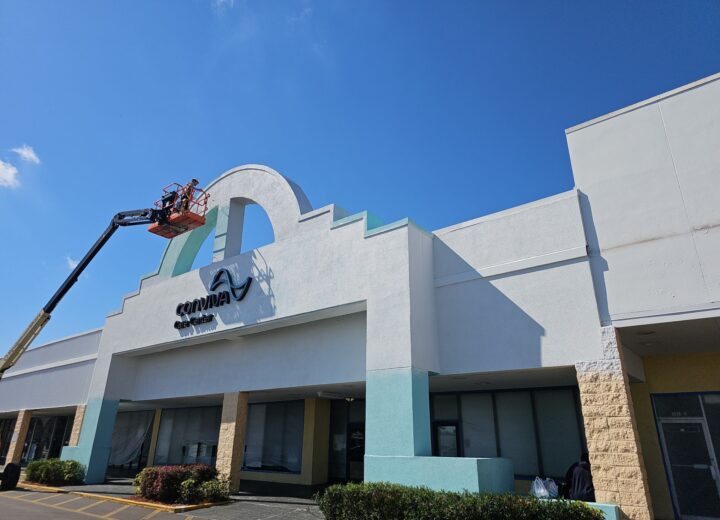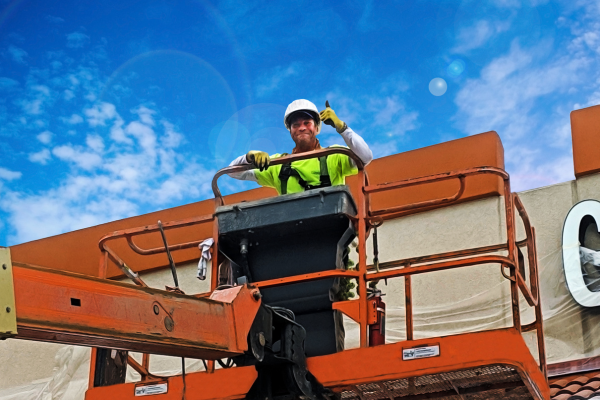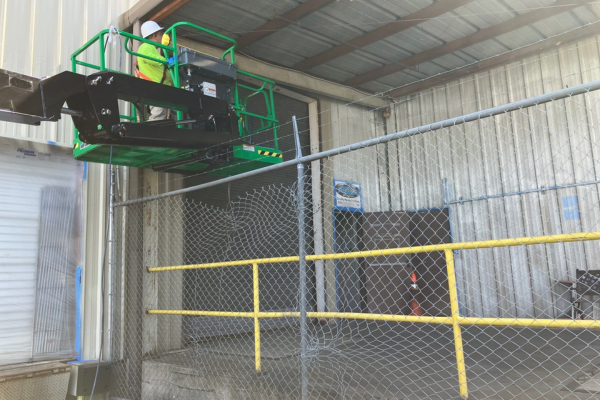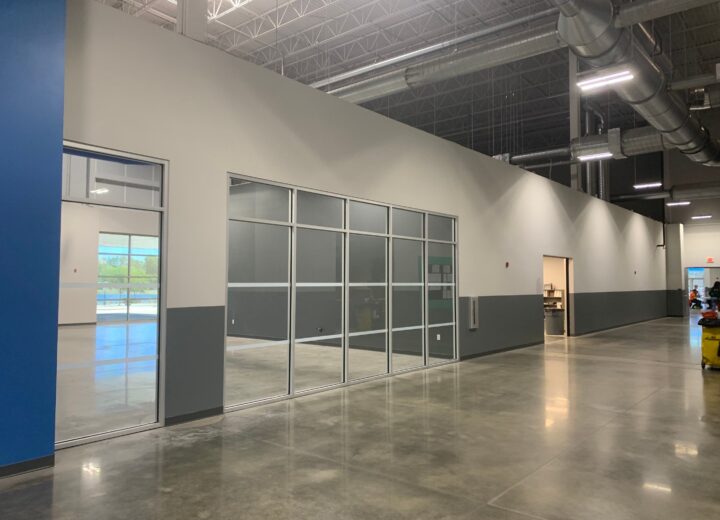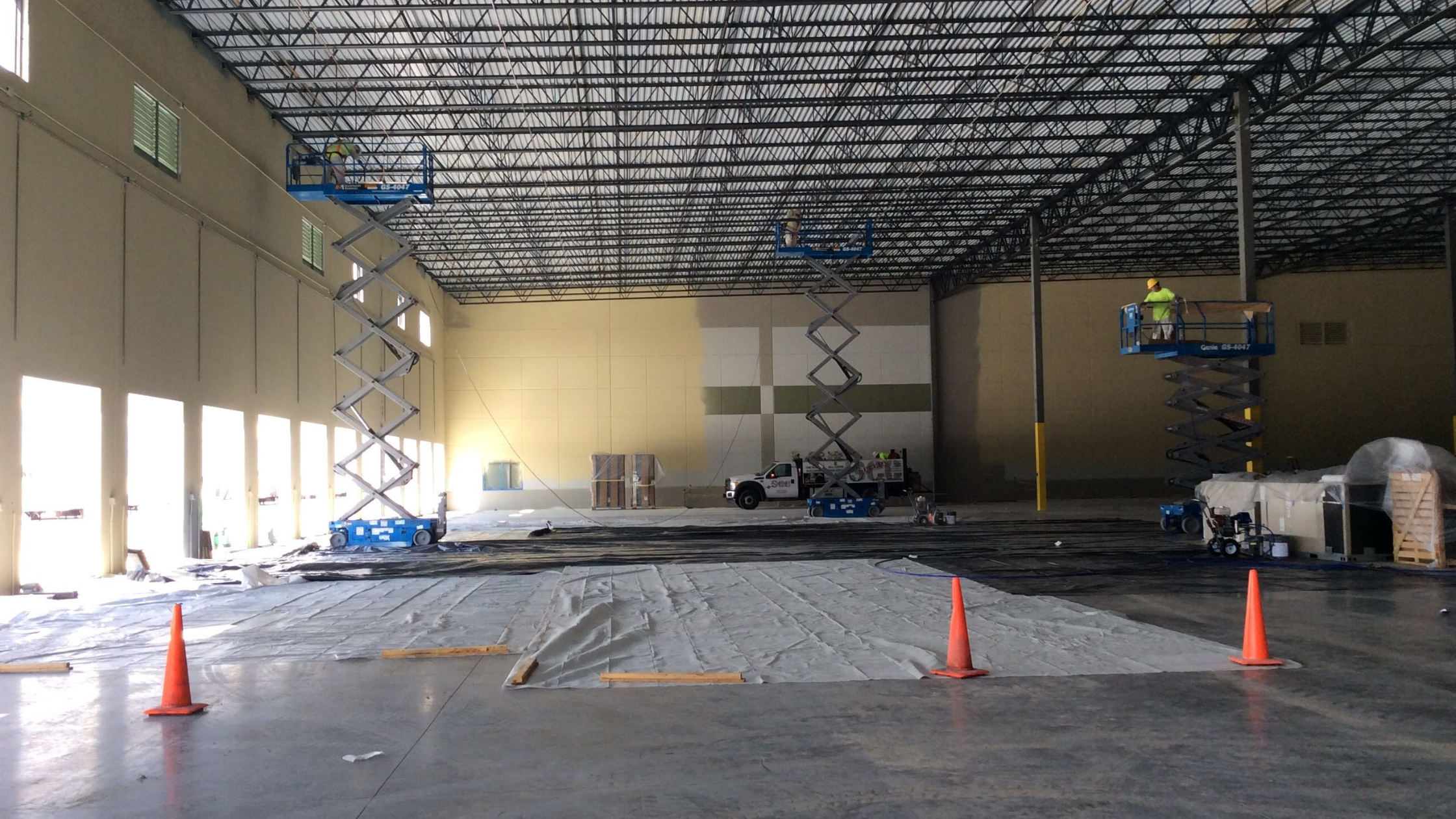
Specialized coatings are used in the industrial environment to protect surfaces from corrosion, oxidization, and other hazards. These coatings work with the paint and primer to raise longevity of the paint job and maintain performance characteristics of the substrate.
Protective coatings are especially important in the industrial workplace because of the frequent use of caustic materials. Incidental damage from liquids, powders, or gasses can lead to costly repairs. In many cases, this could be avoided with the right protective coating.
Industrial protective coatings are no magic bullet, but they do add a greater margin of safety to your work. That can be the difference between safe operations and a “near miss” reportable incident.
Industrial Protective Coatings You Should Know About
There are more types of protective coatings available in the industrial environment than there are for commercial or residential applications. Many coatings share some similarities, but also have unique properties that make them the best choice in certain situations.
Coatings are never interchangeable, so knowing the options is crucial.
Let’s consider some of the most useful protective coatings around:
1. Intumescent Coatings
Intumescent coatings provide passive fire resistance to treated areas. They can be applied to structural elements to insulate them in the event of a fire. Intumescent coatings work by expanding when exposed to high temperatures. This allows them to protect exits and structural members.
Intumescent coatings should meet or exceed all applicable safety standards. In the United States, both the International Building Codes (IBC) and the Life Safety Code (NFPA 101) are recognized. States and cities may have rules that add to but do not diminish, these codes.
2. Standard Industrial Floor Coatings for Concrete and Epoxy Floor Systems
Floor coatings can improve safety and appearance while reducing maintenance. Concrete floor polishing uses a chemical hardener that makes the surface effectively dustproof. The floor is non-slippery, does not support mold growth, and does not chip or dent.
Epoxy is another type of surface treatment for concrete floors, a type of organic resin. It will not usually adhere to polished concrete floors, so it’s necessary to choose one or the other. Epoxy is known for providing a smooth, durable floor that can withstand heavy loads and traffic.
Because epoxy flooring is chemically resistant, it’s often the coating of choice in manufacturing. Polished concrete and epoxy have some similar characteristics, so discuss your needs with your vendor in detail before you choose – it’s hard to reverse this decision!
3. Anti-Slip Coatings
Anti-slip additives can be added into epoxy floor coatings or applied onto the epoxy floor at a later time. They provide traction if resinous coatings have made the floor too slippery for regular foot traffic. Anti-slip also protects workers from accidents caused by spilled materials like oil, anti-freeze, or other chemicals.
4. Anti-Microbial Coatings
Anti-microbial floor coverings are common in labs, health centers, and clean rooms where valuable specimens can be contaminated. They can also be used in food preparation areas.
Extensive use of anti-microbial flooring can contribute to improved air quality in a facility. Bacteria and viruses have greater difficulty spreading between employees.
While many industrial flooring types are resistant to mold, only a select few protective coatings have active anti-microbial properties. Before you choose one, be sure that it meets all industry standards applicable to your situation.
5. Static Dissipating Coatings
Static dissipating floor coatings are often used in high-performance electrical and electronic manufacturing environments. Electronic equipment with high precision and relatively low fault tolerance, such as microchips, can be rendered useless by a mild static discharge.
Notably, some coatings contribute to static build-up during the application and curing process. This build-up dissipates over the course of a few days. If a zero-static environment is imperative, some form of static dissipation should be used throughout the process.
Applying Industrial Floor Coatings Safely: A Few Words of Warning
These days, most floor coatings have been formulated to cure within about three days of application. Unfortunately, this means work needs to be delayed or redirected during that time.
Before work resumes, the paint contractor should examine the area and perform any tests needed to verify the floor is ready for use. This usually only takes a few additional hours.
The client has a role to play here by ensuring areas meet any environmental requirements. For example, it may be necessary to ensure treated rooms stay within a certain temperature range or that no moisture is introduced to the environment until the coating sets.
Your industrial painting contractor should apply all coatings carefully according to the highest safety standards. Problems early in the process can damage the floor and require the job to be redone.
Performance Painting Contractors will work with you to identify your needs and review the best coating options for your floor. To get started, contact our team today.

